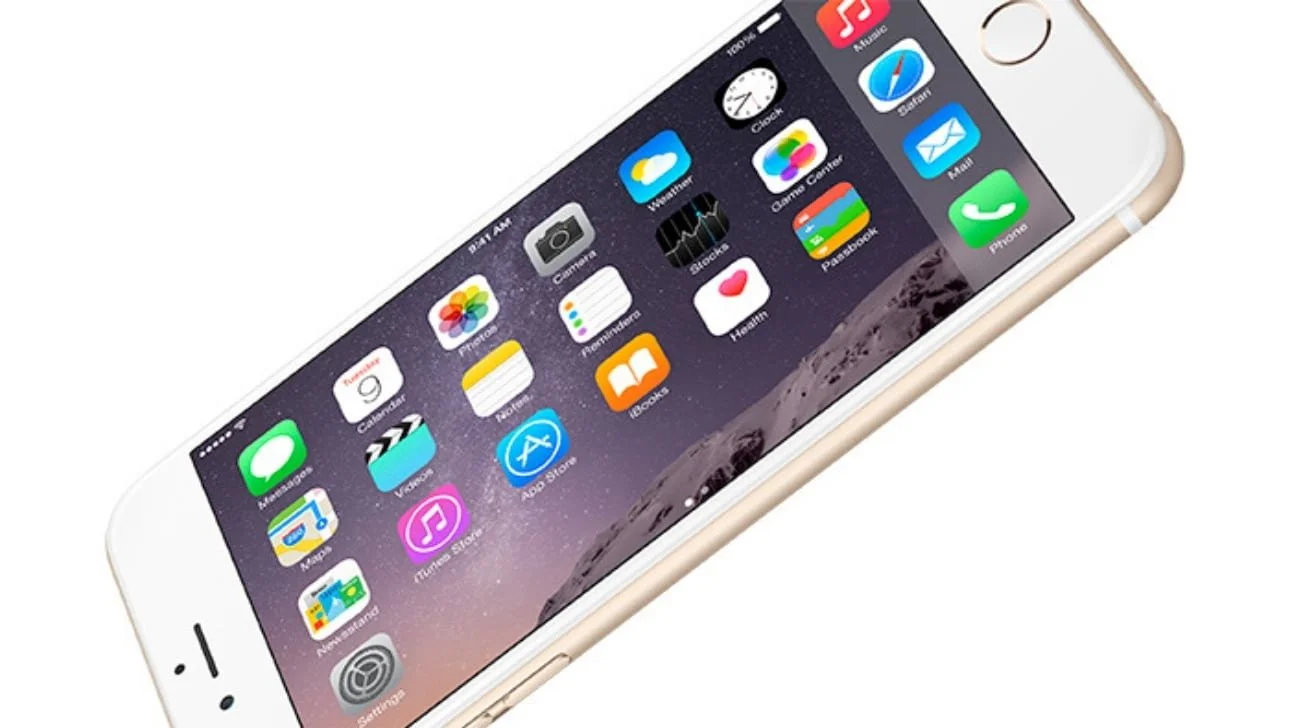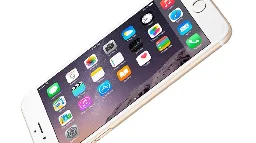Judge clears way for $500M iPhone throttling settlements
Judge clears way for $500M iPhone throttling settlements

appleinsider.com
Apple's $500M iPhone throttling settlements from 2020 edge closer to payment

Judge clears way for $500M iPhone throttling settlements::Owners of iPhone models who were part of throttling lawsuits that ended up with a $500 settlement from Apple may soon receive their payments, after a judge denied objections against the offer.
